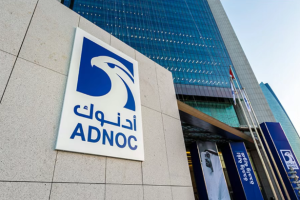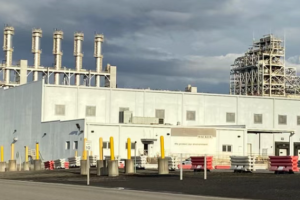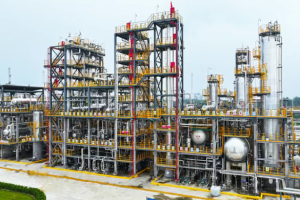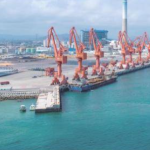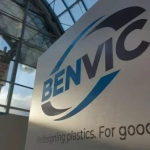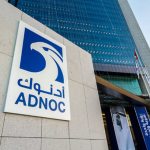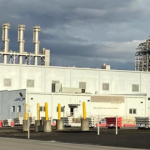July 20, 2025 –
Chinese Textile Giant Pioneers Circular Manufacturing Revolution
Shandong Luthai Textile Co. has emerged as an industry trailblazer by transforming plastic waste and discarded fabrics into premium textile products, setting new sustainability benchmarks for global apparel manufacturing. The company’s groundbreaking circular production methods are reshaping expectations for eco-conscious textile production.
At Luthai’s smart factories in Shandong Province, automated systems convert recycled PET bottles into high-performance polyester fabrics while repurposing textile waste into regenerated cotton – all certified through blockchain-enabled traceability systems. The company’s proprietary BlueECO-Mist technology achieves authentic denim aesthetics without conventional dye pollution, and its HCP wrinkle-resistant treatment eliminates chemical-intensive finishing processes.

Environmental impact assessments reveal staggering savings:
• 1,600 tons water conserved per ton of recycled cotton produced
• 80% energy reduction in polyester fiber production
• Complete elimination of 32 tons chemical fertilizers per batch
• 50% lower carbon footprint across product lifecycles
“These innovations prove sustainability and commercial viability aren’t mutually exclusive,” said Luthai’s Chief Sustainability Officer Dr. Wei Zhang. The company currently supplies 18% of global premium segment yarn-dyed fabrics to luxury brands including Burberry and Armani.
The textile manufacturer’s success stems from its closed-loop ecosystem integrating:
- AI-powered material sorting facilities
- Advanced polymer purification technology
- Waterless coloration systems
- Third-party audited recycling certification
For color masterbatch producers, Luthai’s breakthroughs present both challenges and opportunities. The company’s shift toward recycled materials requires specialized pigment systems that maintain vibrancy through multiple recycling cycles while meeting stringent OEKO-TEX certification standards. AsiaMB analysts note growing demand for such solutions across Asia’s textile hubs.
Industry watchers predict Luthai’s model will accelerate adoption of circular production methods as EU textile recycling regulations take effect in 2026. The company recently announced plans to license its technologies to Southeast Asian manufacturers, potentially transforming regional supply chain practices.





